John Swinney claimed reintroducing peak rail fares was the right move on the day travel costs from his Perth constituency soared.
The end of the peak rail trial comes as ScotRail continues to operate a reduced timetable due to a dispute with drivers over pay and working conditions.
Yet the first minister, MSP for Perthshire North, insisted the move was necessary to ensure the train service – nationalised in 2022 – is “financially sustainable”.
“We’ve given a lot more time than we originally planned to the peak fares pilot,” he said.
“We promised to do it for six months, we actually did for 12 months to give it as much opportunity to demonstrate its value.
“Unfortunately, it didn’t deliver the sufficient shift in passenger numbers to justify the cost involved. The government has got to live within it means.”
Return journeys to Glasgow will now cost an eye-watering £40.10, while a trip to Edinburgh and back is £34.30.
The price of an anytime ticket from Perth to Dundee is now £15.70, rising by roughly a third from £10.80.
A return between the two Tayside cities previously cost £9.90 before an 8.7% fare increase earlier this year.
The off-peak scheme first started on October 2 last year.
Analysis carried out by government agency Transport Scotland found the reduction in peak fares only resulted in a maximum passenger increase of 6.9%.
That was below the government’s target of 10%.
However, this does not factor in any knock-on impact of disruption to services which has plagued ScotRail since July.
For example, the latest peak-time train which goes from Perth to Dundee just now arrives at 7.21am.
The next available train does not depart from Perth until 8.47am.
Meanwhile, the last train departing from Dundee which goes directly to Glasgow leaves at 7.47pm due to the temporary timetable.
Trips between the two cities at peak times will now cost £58 for a journey that is often less than 90 minutes.
Commuters travelling from Dundee to the capital are being charged £45.
A morning return from Dundee heading north to Aberdeen works out at £49.
Last month, a Dundee-based environmental scientist said it was “frustrating” to see the trial ending given the government’s push to get commuters off the road.
Laura Young said the government’s justification that not enough passengers were using trains was a “cop out”.
Peak fares are in place between Monday and Friday.
They typically last until 9.15am in the morning, and are in place from between 4.40pm and 6.15pm when commuters are returning home.

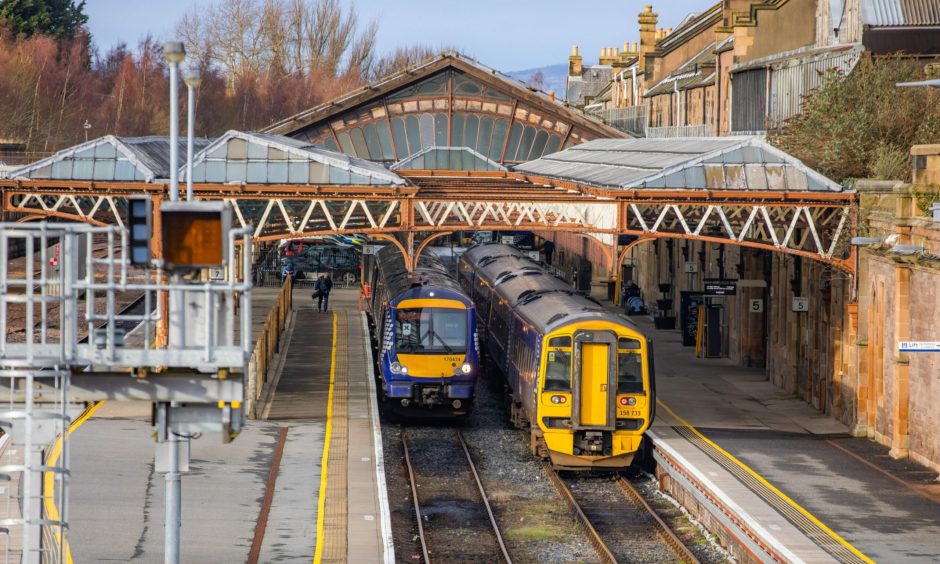
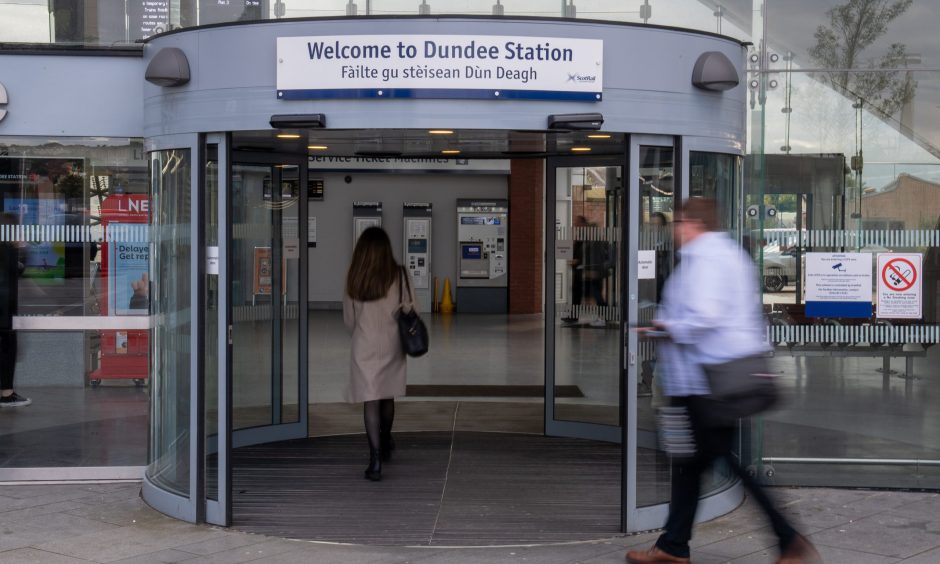
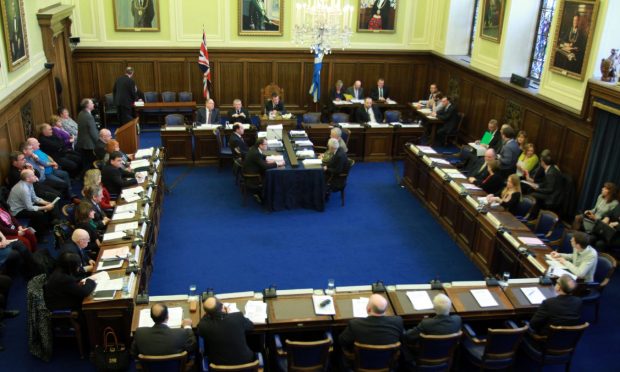
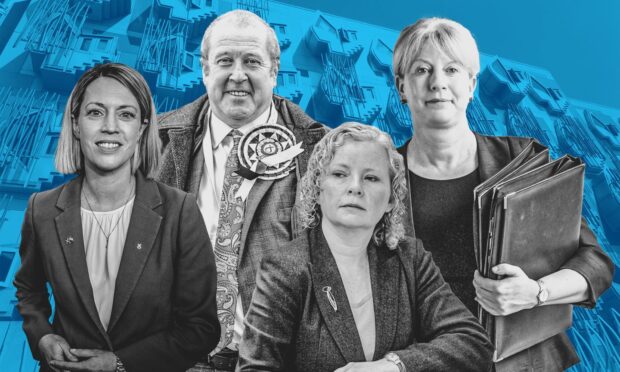
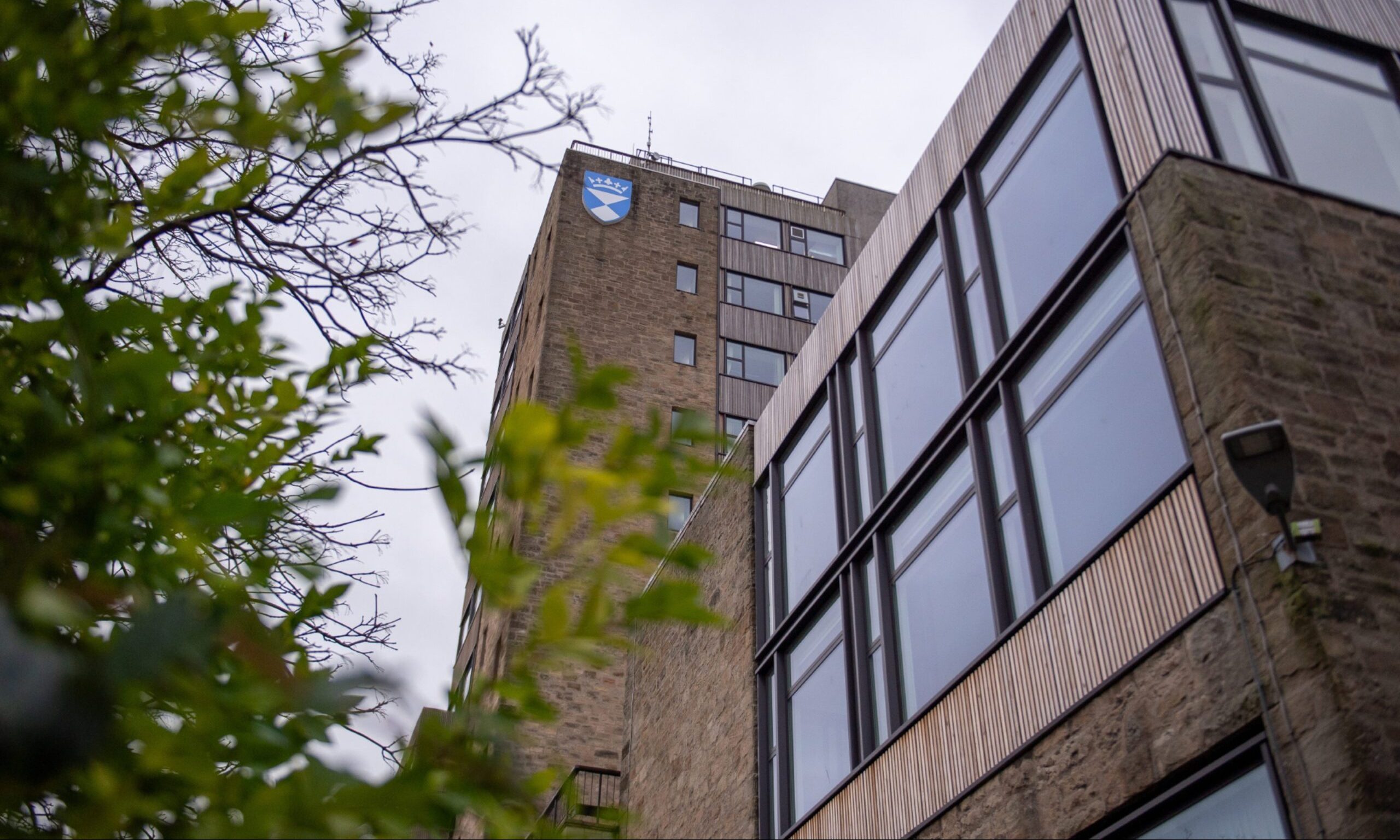

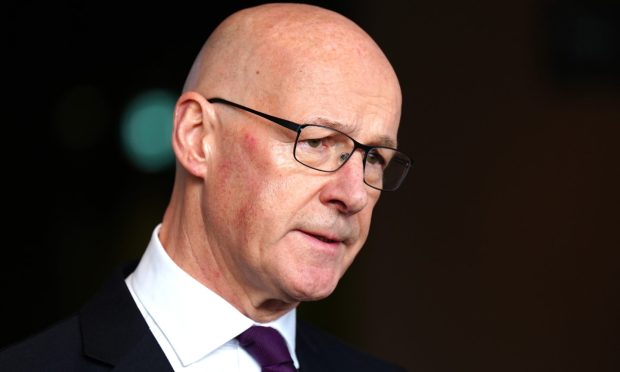
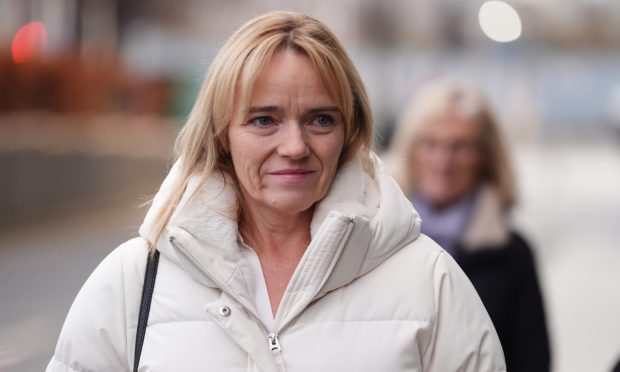


Conversation